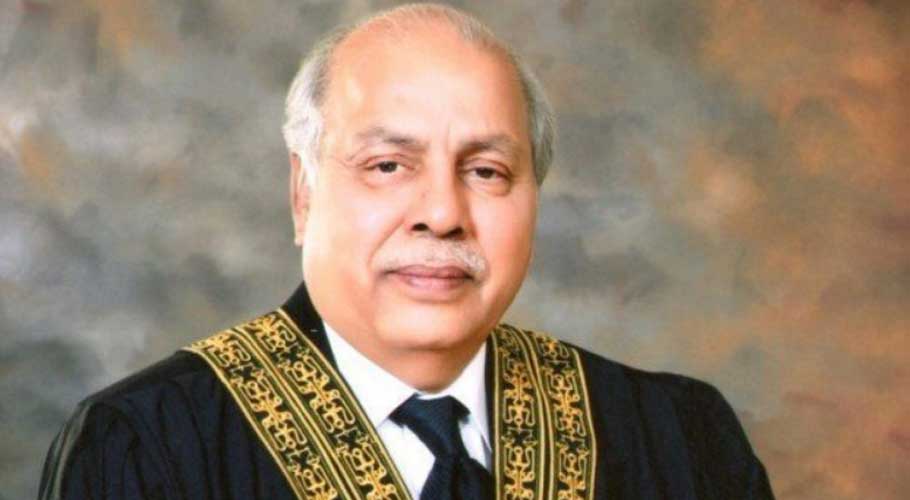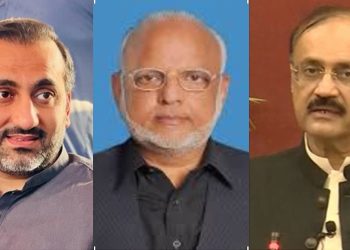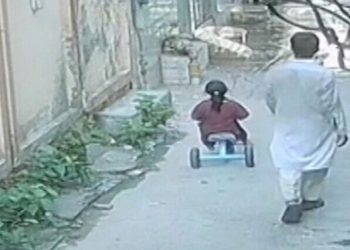ISLAMABAD: The Supreme Court (SC) on Tuesday took notice of the growing number of breast cancer cases in the country while expressing dismay over the lack of treatment mechanism.
Led by Chief Justice Ahmed, the two-member bench lamented that no mammography and breast cancer treatment facility was available in any government hospital. “The provision of veils/privacy for women in government hospitals should also be ensured,” the court remarked.
The apex court ordered the federal and provincial governments to ensure the availability of treatment and testing facilities for breast cancer in all government hospitals. The chief justice noted that most of the women were not able to afford costly treatment of the disease.
Justice Ahmed directed authorities to induct women in panels of specialists treating the disease and also called for segregation of women patients at hospitals. “Breast cancer diagnosis and treatment facilities should be provided in every hospital,” the Supreme Court remarked.
“Women makeup 50pc of society and must be protected from breast cancer,” the court added. The top court adjourned the hearing for a month after issuing summons to the federal and provincial health secretaries.
Meanwhile, while hearing a separate case, the Supreme Court expressed resentment at the Faisalabad commissioner for his alleged failure to share the master plan of the city with the top court, saying there was little room for infrastructural improvement due to the neglect of authorities.
The two-member bench that had taken up a case regarding encroachments in Faisalabad noted that the situation had been taken to a point where even building a gutter was not possible.
The top judge inquired from the Faisalabad commissioner about action taken by him to clear encroachments. “Sir, give me some more time,” the commissioner requested, to which the chief justice responded: “You have been taking time all your life.”
Later, the Supreme Court also sought details of parks and playgrounds in Faisalabad and ordered authorities to plant trees and provide facilities in abandoned government parks.





































